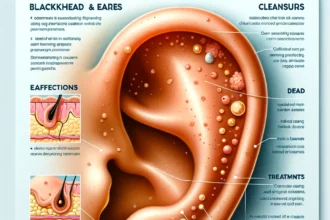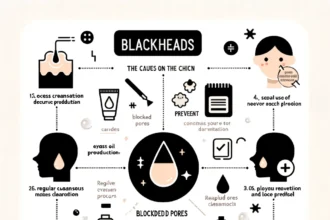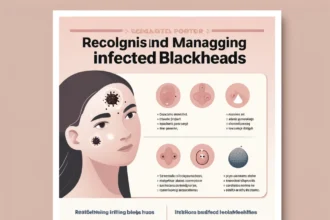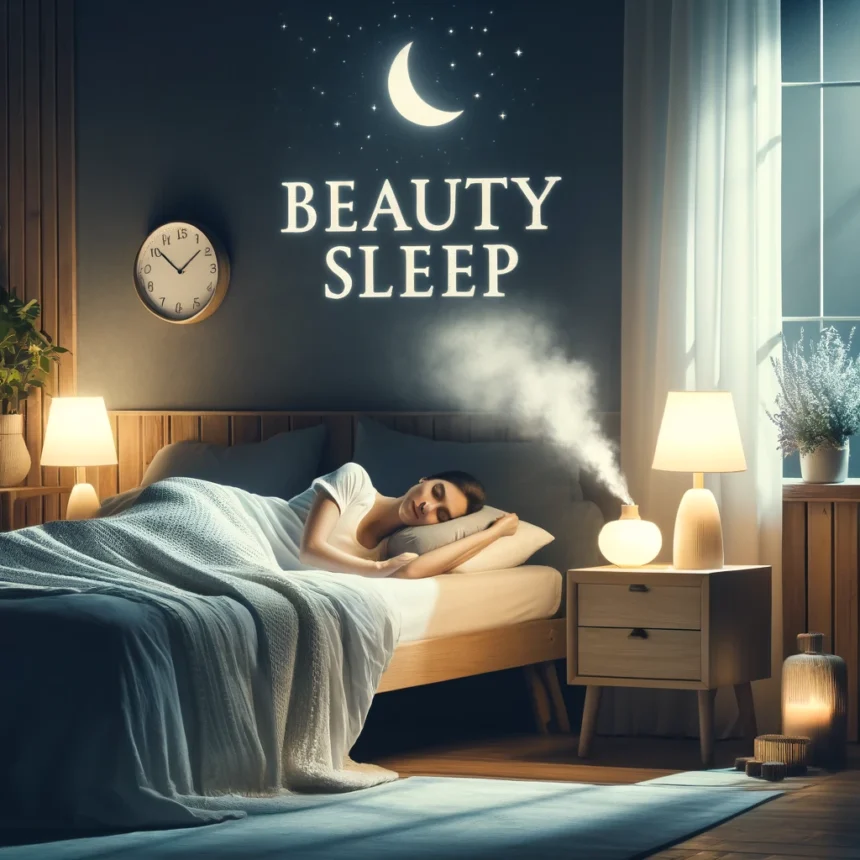This isn’t just any indulgent slumber—it’s beauty sleep, a crucial yet often underestimated element of your wellness routine. Neglecting it could mean missing out on a plethora of benefits that stretch far beyond just feeling rested. So, why exactly is beauty sleep so critical, and how can you maximize its potential benefits? Let’s dive deep into the restful realm of sleep and discover its transformative powers.

The Science of Sleep and Beauty
Sleep isn’t merely a period of inactivity; it’s an active, pivotal phase of our daily cycle that affects nearly every type of tissue and system in the body—from brain to skin, heart to hormones.
1. Cellular Renewal and Repair
- Skin Health: During sleep, your skin goes through a regeneration process where new skin cells grow and replace older cells. It’s no coincidence that people often look flushed and puffy after a bad night’s sleep; lack of rest can lead to poor water balance, resulting in puffy bags under your eyes and sallow skin.
- Real-Life Impact: Consider a study from the University Hospitals Case Medical Center which found that individuals who enjoyed quality sleep had 30% greater skin-barrier recovery than their sleep-deprived counterparts.
2. Hormonal Harmony
- Stress and Beauty: Sleep helps regulate the stress hormone cortisol. Elevated cortisol levels can exacerbate skin conditions such as acne or psoriasis. Proper sleep acts to balance these levels, helping to mitigate stress-related skin issues.
- Evidence: Research indicates that just a few nights of missed sleep can lead to elevated cortisol levels the following evening.
3. Psychological Well-being
- Mood and Appearance: There’s a direct correlation between sleep and your mood. Chronic sleep deprivation may increase the risk of depression, which can also affect your physical appearance, making you appear less approachable, tired, and unhappy.
- Study Example: A study from the University of California, Berkeley found that sleep deprivation can amplify areas of the brain that detect negative emotions, influencing both mood and perception of others.
Maximizing the Benefits of Beauty Sleep
To truly harness the power of your beauty rest, consider the following strategies:
Create a Sleep Sanctuary
- Environment: Ensure your bedroom is conducive to sleep. Invest in a good quality mattress and pillows, blackout curtains, and perhaps a white noise machine.
- Routine: Establish a calming pre-sleep routine that may include reading, meditating, or a warm bath. The key is consistency.
Nutrition for Nighttime
- Balanced Diet: Eat a well-balanced diet that includes foods rich in antioxidants, vitamins, and minerals which promote sleep and skin health.
- Hydration: Drink plenty of water throughout the day, but avoid drinking large quantities before bedtime to minimize disruptions during the night.
Tech-Free Time
- Limit Exposure: The blue light emitted by screens on smartphones, tablets, and computers can interfere with the production of melatonin, the hormone that regulates sleep. Try to turn off these devices at least an hour before bed.
Skincare Synced with Sleep
- Nighttime Products: Utilize products that support skin repair during sleep, such as night creams that contain hyaluronic acid or retinol.
- Consistency is Key: Regular use combined with ample sleep boosts efficacy.
Monitoring Sleep Health
- Apps and Devices: Consider using sleep tracking apps or wearables that provide insights into your sleep quality and help identify potential disturbances or opportunities for improvement.
The Social Dimension of Sleep
Sleep doesn’t only affect how we feel and look; it also impacts our interactions with others. Well-rested individuals are often perceived as more attractive and approachable, which can influence both personal and professional relationships.
Public Perception and Sleep
- Research Findings: A Swedish study found that sleep-deprived individuals were perceived as less attractive, less healthy, and more tired compared to when they were well-rested.
Sleep’s Role in Communication
- Emotional Intelligence: Sleep helps regulate emotional responses; well-rested people are typically better at interpreting social cues and managing emotional challenges.
Conclusion: Embrace Your Inner Sleeping Beauty
In conclusion, beauty sleep is far from a myth. It’s a fundamental component of physical, emotional, and social well-being. By prioritizing sleep, you not only rejuvenate your body but also enhance your interpersonal relationships and day-to-day productivity. Remember, while the night might be for rest, its effects are most visible in the light of day. So, don’t sleep on the importance of your beauty rest. Embrace it, and wake up to a fresher, vibrant version of yourself each morning.
Emphasize the magic of a good night’s sleep and its myriad benefits with well-considered routines and strategies. With the right approach, your beauty sleep can become a cornerstone of a healthy, fulfilling lifestyle.








This is very interesting, You’re a very skilled blogger. I’ve joined your rss feed and look forward to seeking more of your great post. Also, I have shared your site in my social networks!
Its like you read my mind! You appear to know so much about this, like you wrote the book in it or something. I think that you can do with some pics to drive the message home a bit, but instead of that, this is fantastic blog. A great read. I’ll certainly be back.
Your point of view caught my eye and was very interesting. Thanks. I have a question for you.